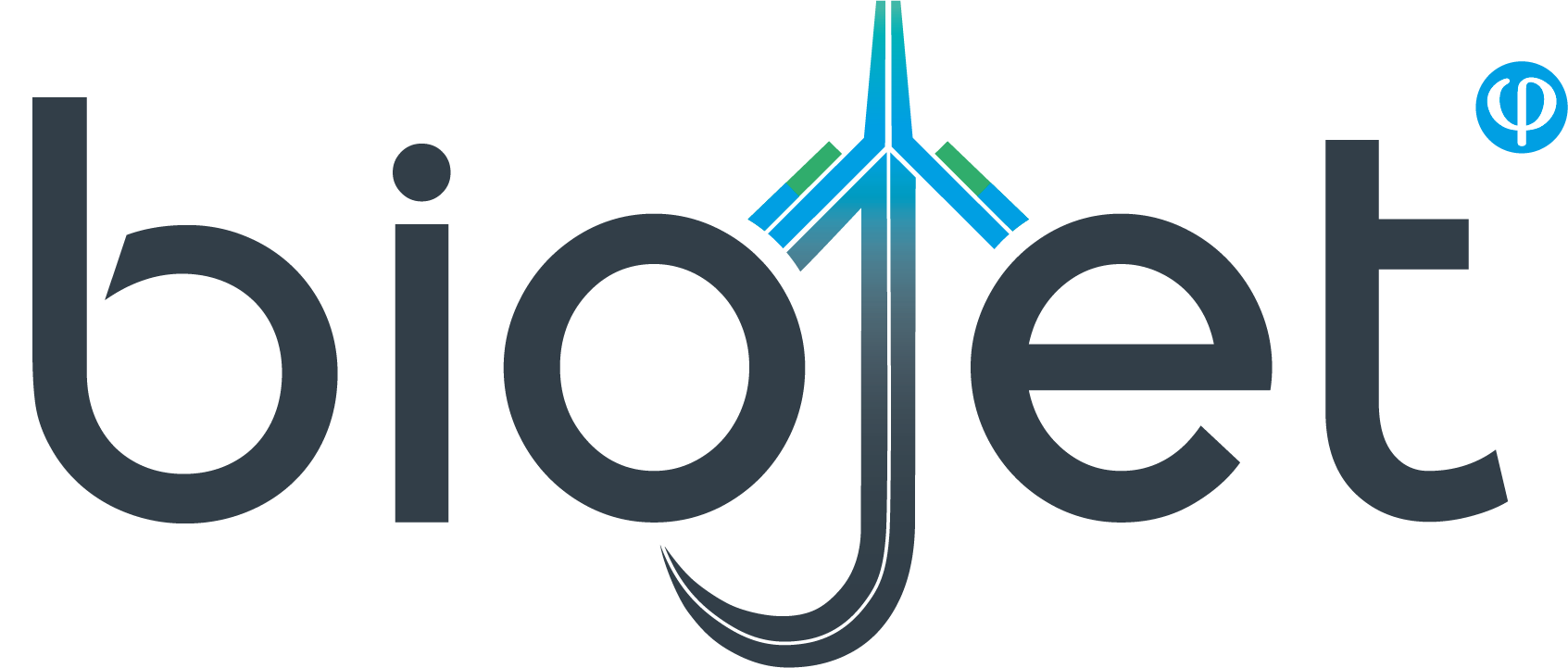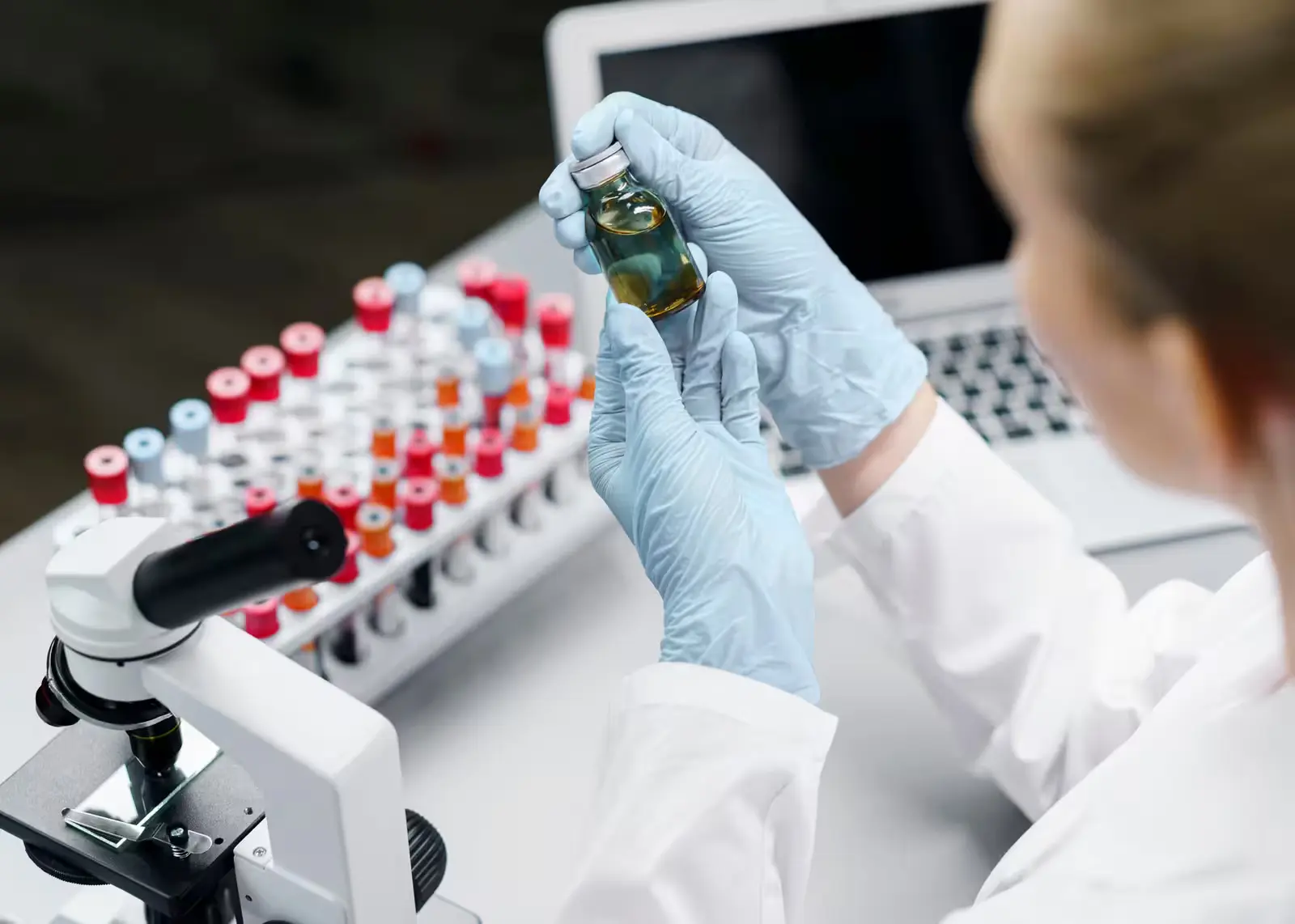The Russian government has granted Geropharm permission to use, without the patent holder’s consent, a portfolio of patents protecting Novo Nordisk’s exclusive rights to semaglutide until the end of 2025. Similar decisions had previously been made for two other Russian companies — PSK Pharma and Promomed — in late 2024. Geropharm had already been covered by a compulsory license through the end of 2024, but in the first half of 2025, it produced semaglutide-based medicines based on a court ruling.
Geropharm explained to Vademecum that the decision to request another compulsory license was made because the legal dispute with the original patent holder and Rospatent is still unresolved:
“Since the court case is still ongoing, we decided to request the government to extend the previously issued license for the production and sale of semaglutide-based medications,” said company representatives.
The patent portfolio Geropharm was licensed to use includes five patents owned by Novo Nordisk, covering intellectual property rights to acylated GLP-1 compounds, non-proteinogenic amino acid-based dipeptides, long-acting GLP-1 peptides for cardiovascular conditions, and GLP-1-based compositions and methods of use. Patent protection for semaglutide extends until 2031, while two other components are protected until 2025 and 2038, respectively.
Novo Nordisk’s semaglutide-based portfolio includes Ozempic (for type 2 diabetes) and Wegovy (for obesity), the latter not registered in Russia. The company notified Russian regulators in November 2022 that it would cease Ozempic supplies, though imports continued until the end of 2023. However, the drug disappeared from Russian pharmacy shelves by March 2023. Russian manufacturers quickly stepped in: Geropharm obtained approval for Phase I clinical trials of its Ozempic generic as early as June 2023.
The first compulsory license for semaglutide was issued in December 2023, covering Geropharm and Promomed. At the time, Geropharm said it had reached out to Novo Nordisk seeking a voluntary license to produce its generic — Semavik — but received no response from the Danish firm.
Geropharm’s first generic was registered in October 2023, the same month Promomed received regulatory approval for its own version, Kvisenta. In November 2024, PSK Pharma also received a government-issued compulsory license and had registered its product, Insudive, in July 2024.
The initial government orders issued in 2023 were valid until the end of 2024. Promomed was granted a one-year extension in December 2024. Geropharm, meanwhile, held a court-issued compulsory license, allowing it to continue producing and distributing semaglutide-based drugs. The legal decisions were made in closed court sessions, but in May 2025, the Intellectual Property Rights Court overturned previous rulings and issued a new one. According to Geropharm representatives, the court did not prohibit production of semaglutide-based drugs.
According to the Russian State Drug Register (GRLS), three additional companies currently hold marketing authorizations for semaglutide generics in Russia: R-Pharm, Pharmasyntez-Nord, and India’s Jodas Expoim. R-Pharm confirmed to Vademecum in April 2025 that it planned to seek a compulsory license. In May 2025, the Moscow Arbitration Court accepted a lawsuit from Jodas Expoim against Novo Nordisk seeking a non-exclusive license. The specific drug involved in the case was not disclosed in court documents.
Also in May 2025, the Russian Supreme Court dismissed a lawsuit filed by Novo Nordisk challenging the government’s decisions that granted compulsory licenses to Promomed and PSK Pharma in 2024.
Source: Vademecum, May 26, 2025








